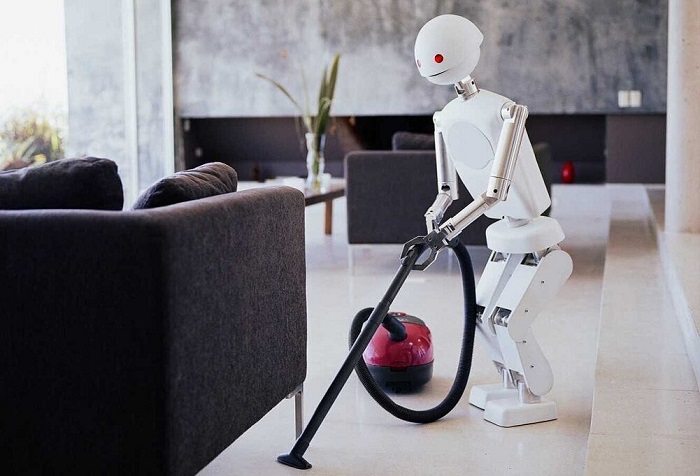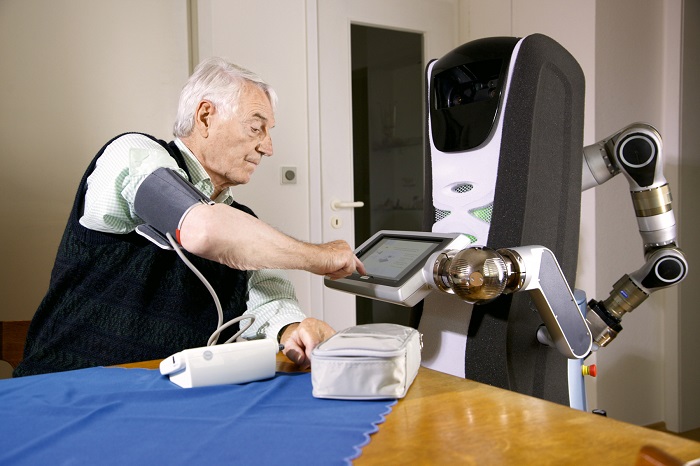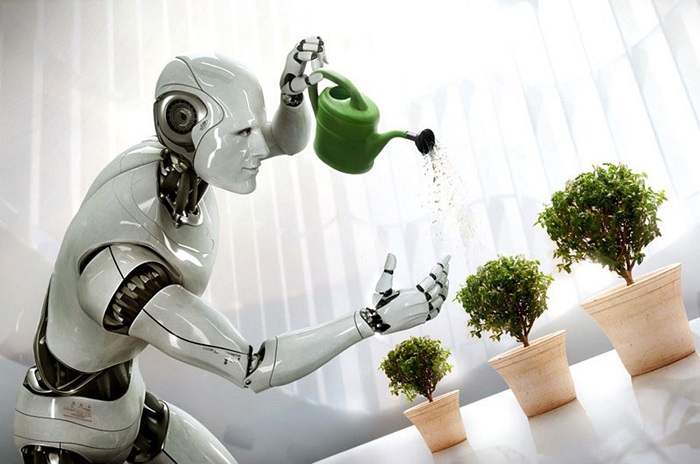Artificial intelligence is already having a significant impact on everyday life, and its role will only grow in the coming years. It is being implemented in various areas, from household devices to complex control systems. For example, AI is used for app development, for creating various websites, for generating texts, creating programs for smart homes, etc.
Smart Homes and Home Appliances
Smart homes from northsouthtech.co are becoming increasingly popular thanks to AI, which helps automate many aspects of life. Smart thermostats, lighting and security systems can adapt to users’ habits, saving energy and increasing comfort. For example, smart speakers like the Amazon Echo or Google Home allow you to control a variety of devices using voice commands, making everyday tasks more convenient.

AI is being actively used to personalize content on the Internet. Platforms like Netflix, YouTube and Spotify use AI algorithms to analyze users’ preferences and make recommendations based on their taste. AI algorithms are also used for accounting software. Thanks to this, it is possible to significantly facilitate the management of accounting and the activities of the organization. Using AI, the best accounting software for small business is provided.
Medicine and healthcare
AI is also transforming the medical industry. It helps in diagnosing diseases, analyzing medical data, and even developing new drugs. For example, AI systems can analyze medical images, such as X-rays or MRIs, with high accuracy, helpidevelng doctors make diagnoses faster and more accurately. AI is also used to develop personalized treatment plans based on the patient’s genetic information.

Autonomous vehicles are one of the most exciting applications of AI. Self-driving cars, such as those being developed by Tesla and Google, promise to make roads safer, reduce congestion and improve logistics. AI is also being used to optimize delivery routes and supply chain management, helping companies save time and resources.
AI is impacting the job market by automating routine tasks and creating new tech jobs. It helps companies analyze large volumes of data, improve decision-making processes and increase efficiency.





